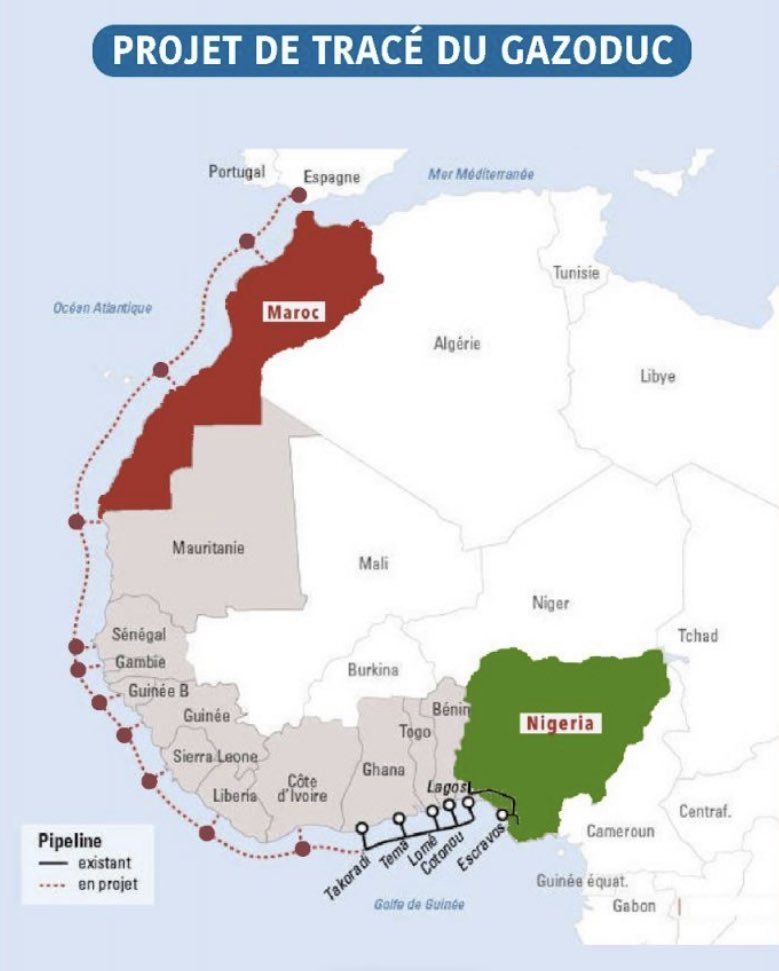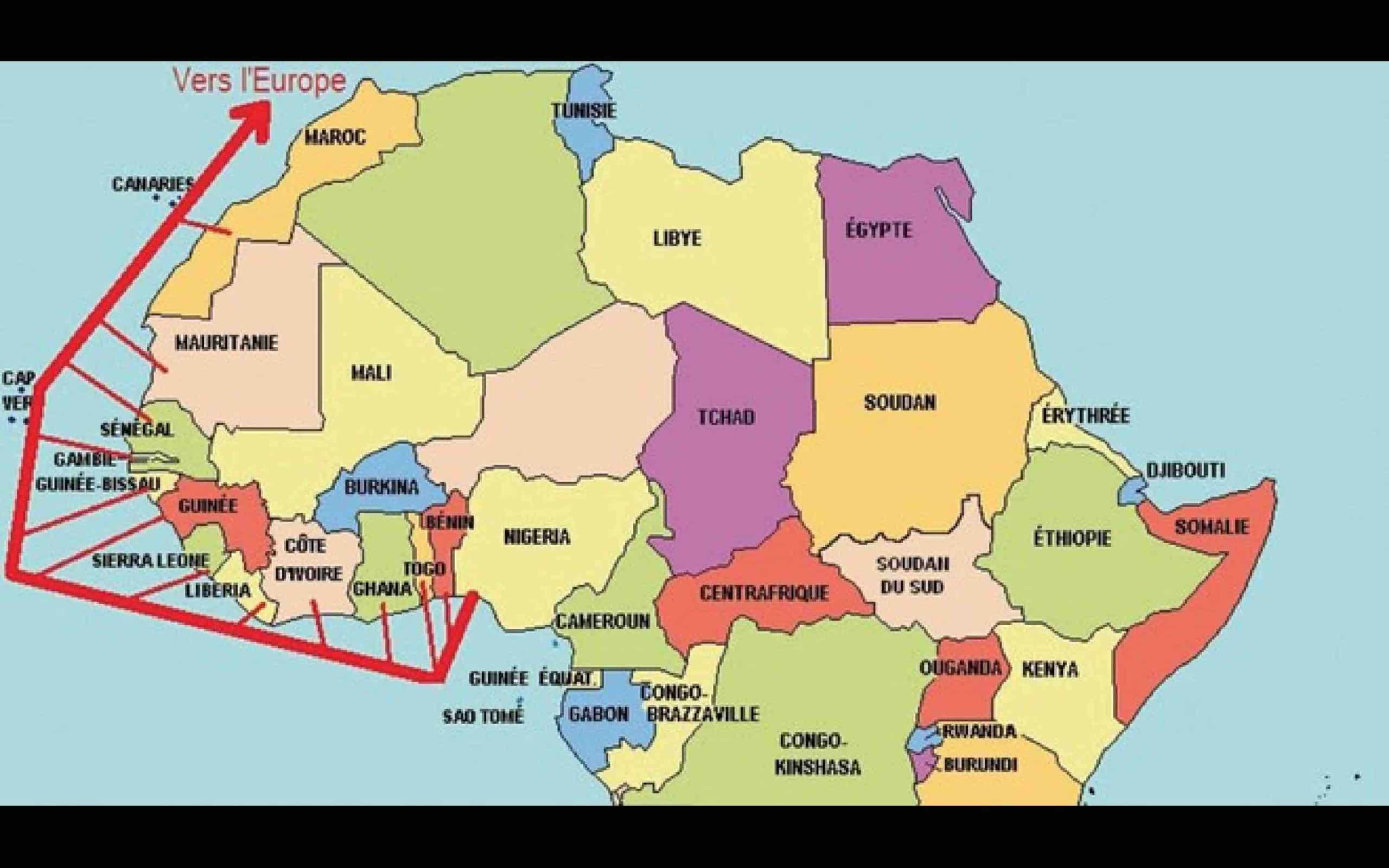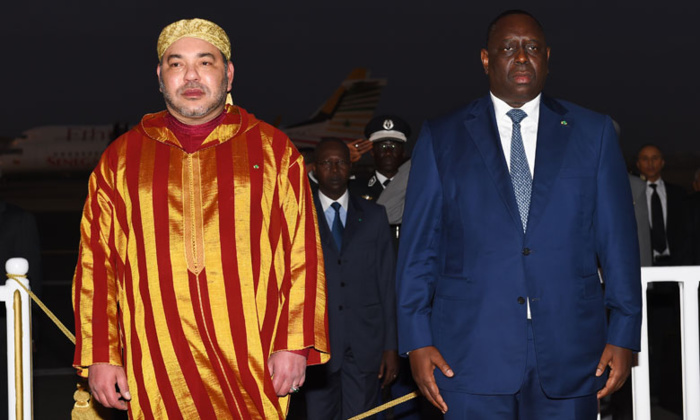The Atlantic gas pipeline that will connect Morocco to Nigeria has a potential to boost economic integration across 13 African states, boost energy supply in West Africa and power the region’s economies, head of Morocco’s mines and hydrocarbons agency ONHYM Amina Benkhadra said.
The pipeline, to be achieved at an estimated cost of $26 billion, will benefit 13 African states, bringing Nigerian gas to the Maghreb-Europe pipeline which is connected to the European gas network.
The pipeline will help three landlocked states, Mali, Niger and Burkina Faso, secure steady energy supply, she said.
The project would boost growth in one of the least developed regions in the World, where 40% of the population lack electricity access, she said.
Steady energy supply will help West African countries develop their promising energy sector amid rising demand on energy transition minerals, Benkhadra added.
“This is a feasible, competitive and profitable project,” she said
Land acquisition stage
The project has reached the land acquisition stage, the Nigerian National Petroleum Company Limited (NNCPL) said last month.
Surveys are currently underway for Environmental and Social Impact Assessments of the project that will cost some $26 billion and benefit 13 countries in West Africa.
A multilateral deal that will define the terms of use and management of the pipeline, is expected by the end of 2024.
The first phase of the pipeline will connect the existing Nigeria-Ghana pipeline to Côte D’Ivoire, while the second phase will link Morocco’s Maghreb-Europe pipeline to Senegal. The final step consists in linking Senegal to Côte D’Ivoire.



